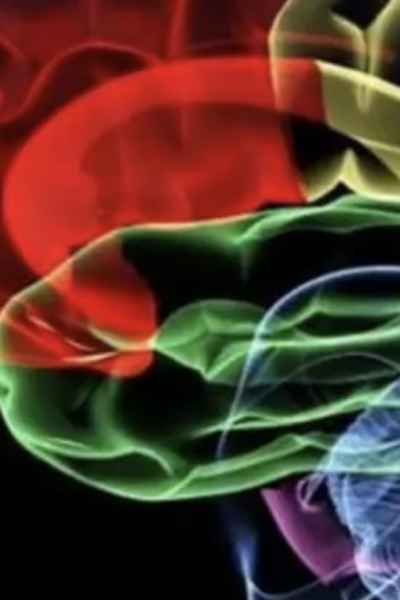A groundbreaking cancer study at Tel Aviv University found a way to eradicate a deadly type of brain cancer in mice.
A groundbreaking study at Tel Aviv University (TAU) has effectively eradicated glioblastoma multiforme (GBM) – a highly lethal type of brain cancer – in mouse models in the lab. The researchers achieved the result using a method they developed based on their discovery of two critical mechanisms in the brain that support tumor growth and survival: One protects cancer cells from the immune system, while the other supplies the energy required for rapid tumor growth.
The team found that both mechanisms are controlled by brain cells called astrocytes that support nerve cells, and when they are absent, the tumor cells die and are eliminated.
“These findings provide a promising basis for developing effective medications for GBM, an aggressive and thus far incurable cancer, as well as other types of brain tumors,” said the researchers.
Glioblastoma can occur in the brain or spinal cord and develop at any age, although it tends to develop in older adults. Its causes are largely unknown, but the cancer often appears in people with rare genetic conditions such as Turcot syndrome, neurofibromatosis type 1 and Li Fraumeni syndrome, due to mutations in a specific gene that causes many of the characteristic features of glioblastoma.
Initial symptoms include headaches that get worse, nausea, vomiting and seizures. These tend to occur in the early morning and often become persistent or severe; the type of seizures depends on where in the brain the tumor is located. Only one in 10 victims of this cancer survive for five years. It accounts for 48% of all primary malignant brain tumors, with more than 10,000 people in the US alone dying of it in an average year.
In GBM, “the tumor cells are highly resistant to all known therapies,” the researchers said, adding that, “sadly, patient life expectancy has not increased significantly in the last 50 years.”
How did they conduct the study?
The study was led by doctoral student Rita Perelroizen, under the supervision of Dr. Lior Mayo of the Shmunis School of Biomedicine and Cancer Research and the Sagol School of Neuroscience, in collaboration with Prof. Eytan Ruppin of the US National Institutes of Health (NIH).
The paper, which was published in the prestigious scientific journal Brain under the title “Astrocyte immunometabolic regulation of the tumour microenvironment drives glioblastoma pathogenicity,” was highlighted with special commentary.
Continue reading: www.jpost.com
